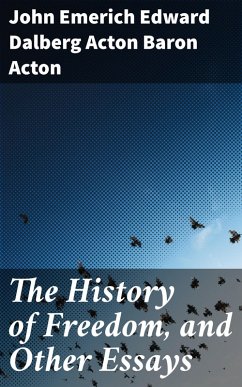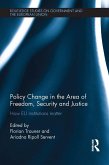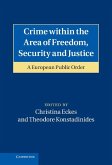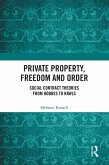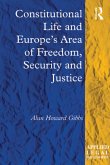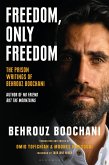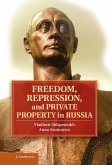In "The History of Freedom, and Other Essays," John Emerich Edward Dalberg Acton, a noted historian and moralist, delves into the complex interplay between liberty and authority throughout history. Acton's essays articulate a profound analysis of the historical trajectories that have shaped the concept of freedom, contextualizing it within the frameworks of political philosophy and ethical governance. His meticulous scholarship often juxtaposes varying interpretations of liberty, employing a clear and incisive prose style that reflects both his intellectual rigor and a keen understanding of the socio-political forces at work. This collection, rooted in the liberal tradition, draws upon both classical and contemporary sources, illustrating how freedom has evolved across different epochs and cultures. Baron Acton, known for his famous adage that "power tends to corrupt, and absolute power corrupts absolutely," was profoundly influenced by the intellectual currents of the 19th century, as well as his own experiences with political power in Britain and Europe. His advocacy for civil liberties and skepticism towards authoritarianism reflect his deep commitment to historical truth and ethical integrity. Drawing from his extensive education and active participation in public life, Acton's writings encapsulate a unique blend of idealism and realism that challenges readers to reconsider the fundamental principles of governance and individual rights. For readers interested in the philosophical underpinnings of freedom and its historical context, Acton's "The History of Freedom, and Other Essays" serves as an essential text. This collection not only enriches one'Äôs understanding of historical liberty but also encourages critical reflections on modern governance and the enduring relevance of freedom in contemporary society. Acton's insights make this book a must-read for anyone who seeks to grasp the nuances of political philosophy and the moral obligations that accompany freedom.
Dieser Download kann aus rechtlichen Gründen nur mit Rechnungsadresse in A, B, BG, CY, CZ, D, DK, EW, E, FIN, F, GR, H, IRL, I, LT, L, LR, M, NL, PL, P, R, S, SLO, SK ausgeliefert werden.

